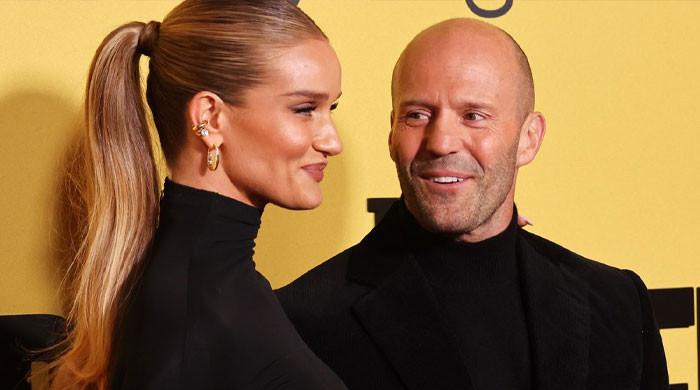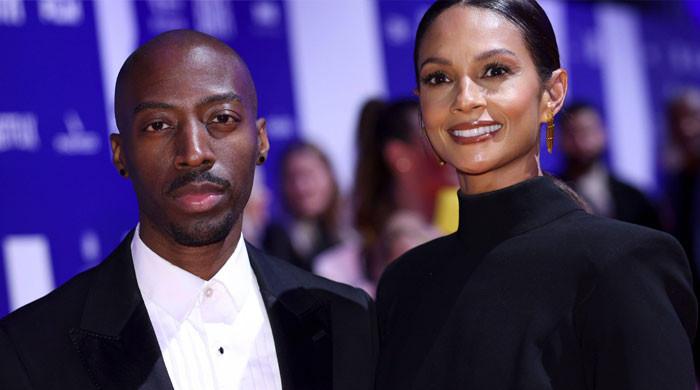Bollywood films keep up gangster fascination
MUMBAI: A string of Bollywood releases this year show the Indian film industry's ongoing fascination with Mumbai's underworld, following a murky history of links between the mafia and the movie...
July 19, 2013
Spy thriller "D-Day", which opened in Indian cinemas on Friday, is one of three new Hindi films that appear to draw inspiration from the lives of Mumbai's notorious gangsters.
Directed by Nikhil Advani, "D-Day" tells the story of Indian intelligence agents trying to capture "India's most wanted man" from Pakistan, known in the film as "Iqbal" or "Goldman.
The character, played by veteran star Rishi Kapoor, bears a striking resemblance to former Mumbai mafia don Dawood Ibrahim, one of India's real-life most-wanted men.
Like the film's antihero, Ibrahim is known for donning a thick moustache and sunglasses.
"We have used real life events as triggers to create a public enemy and tell a story with fictionalised situations, without going into the main character's back story," the director told.
When asked about the likenesses to Ibrahim, he said "a hint is enough for the intelligent".
Any real-life basis to gangster films is rarely openly stated by filmmakers to avoid any legal or personal backlash.
The upcoming thriller "Once Upon a Time in Mumbaai Dobara (Again)" looks at a love triangle involving a gangster called Shoaib Khan, who is also widely thought to be inspired by Ibrahim.
"The characters are based on research and references. But unlike real world dons, our cinematic dons sing on rooftops and are flamboyant. Ours is a work of fiction," said the film's director Milan Luthria.
Its 2010 prequel "Once Upon a Time in Mumbaai" told the story of Sultan, rumoured to be based on late gangster Haji Mastan, but the filmmakers released a statement denying this after Mastan's family took the matter to court.
It is a scenario Sanjay Gupta was keen to avoid in his film "Shootout at Wadala", released in May, about the rise of a gangster called Manya Surve who was killed in 1982 by the Mumbai police.
While Surve's name stays the same in the film, those of several other principal characters were changed just before the release.
Gupta said there were grey areas in the law and that it was difficult to know exactly who would be angered by any perceived likenesses.











